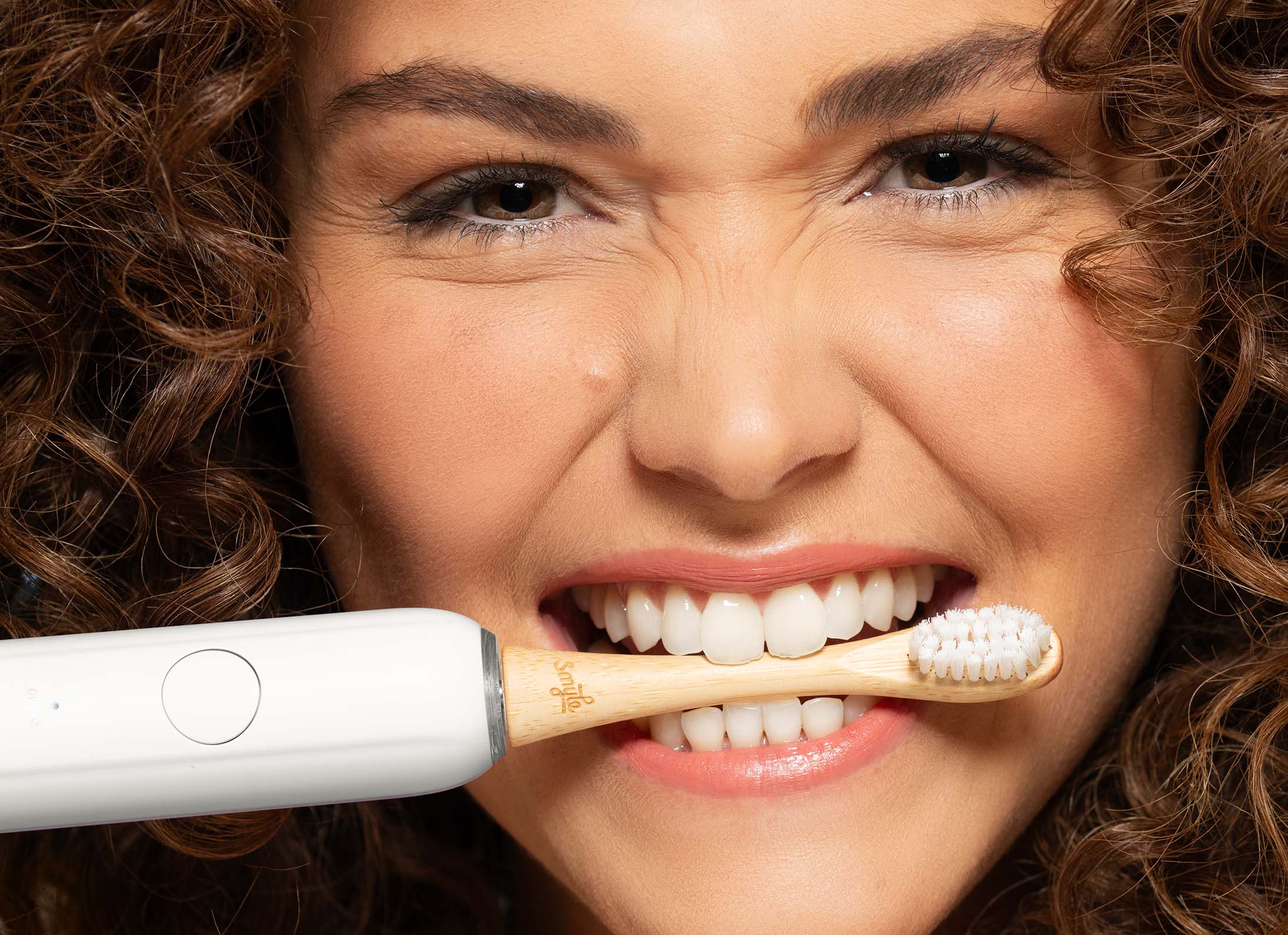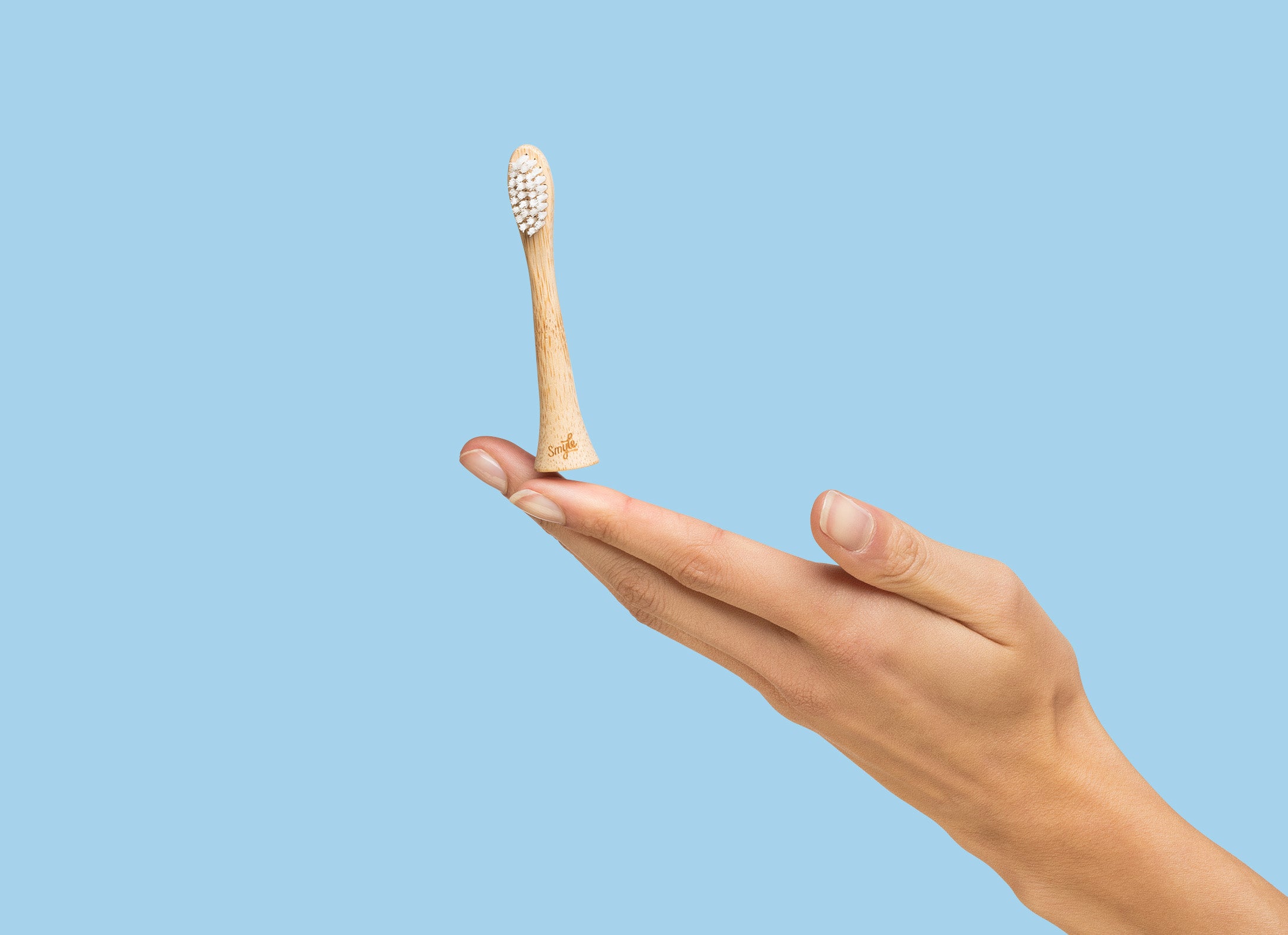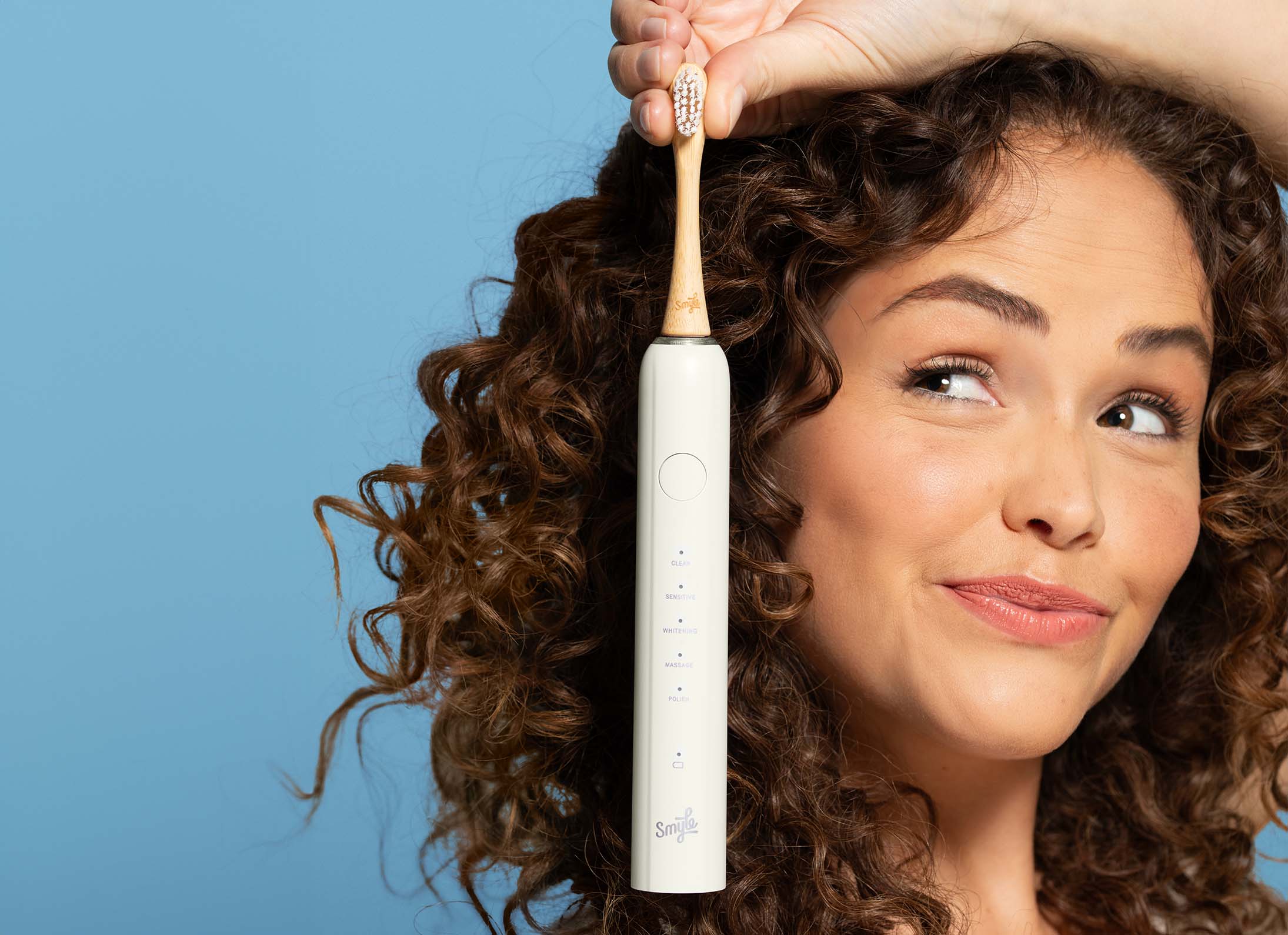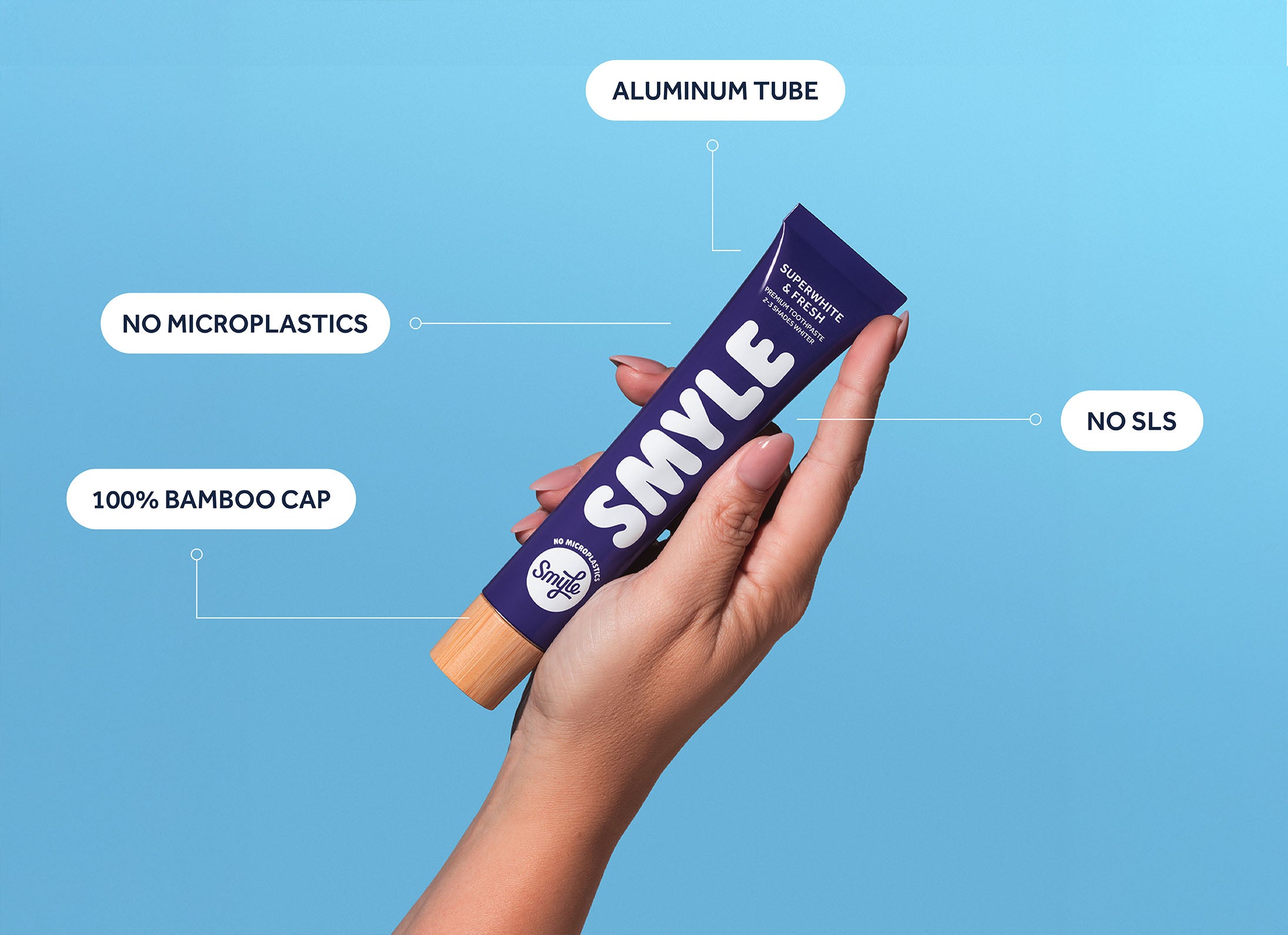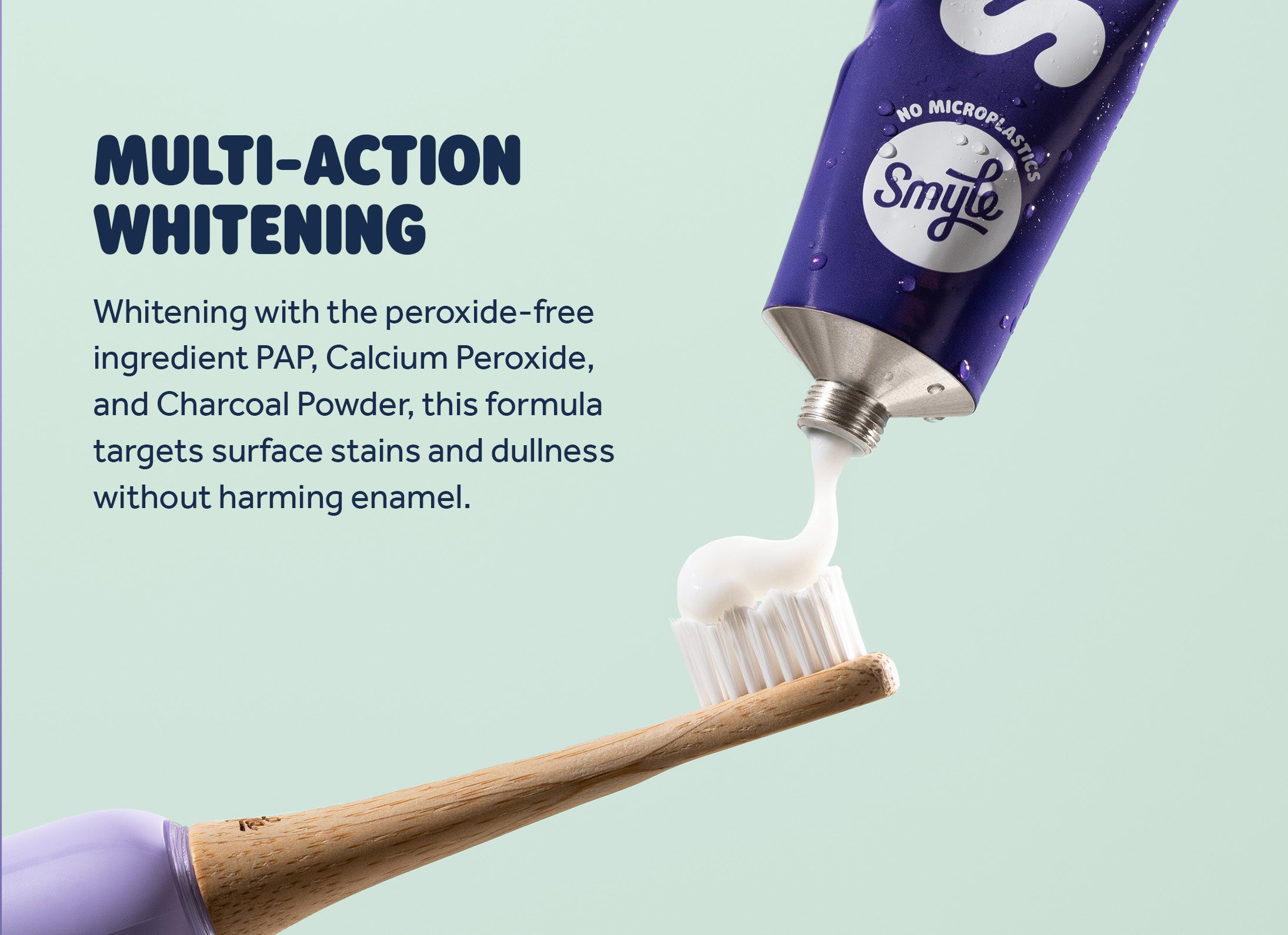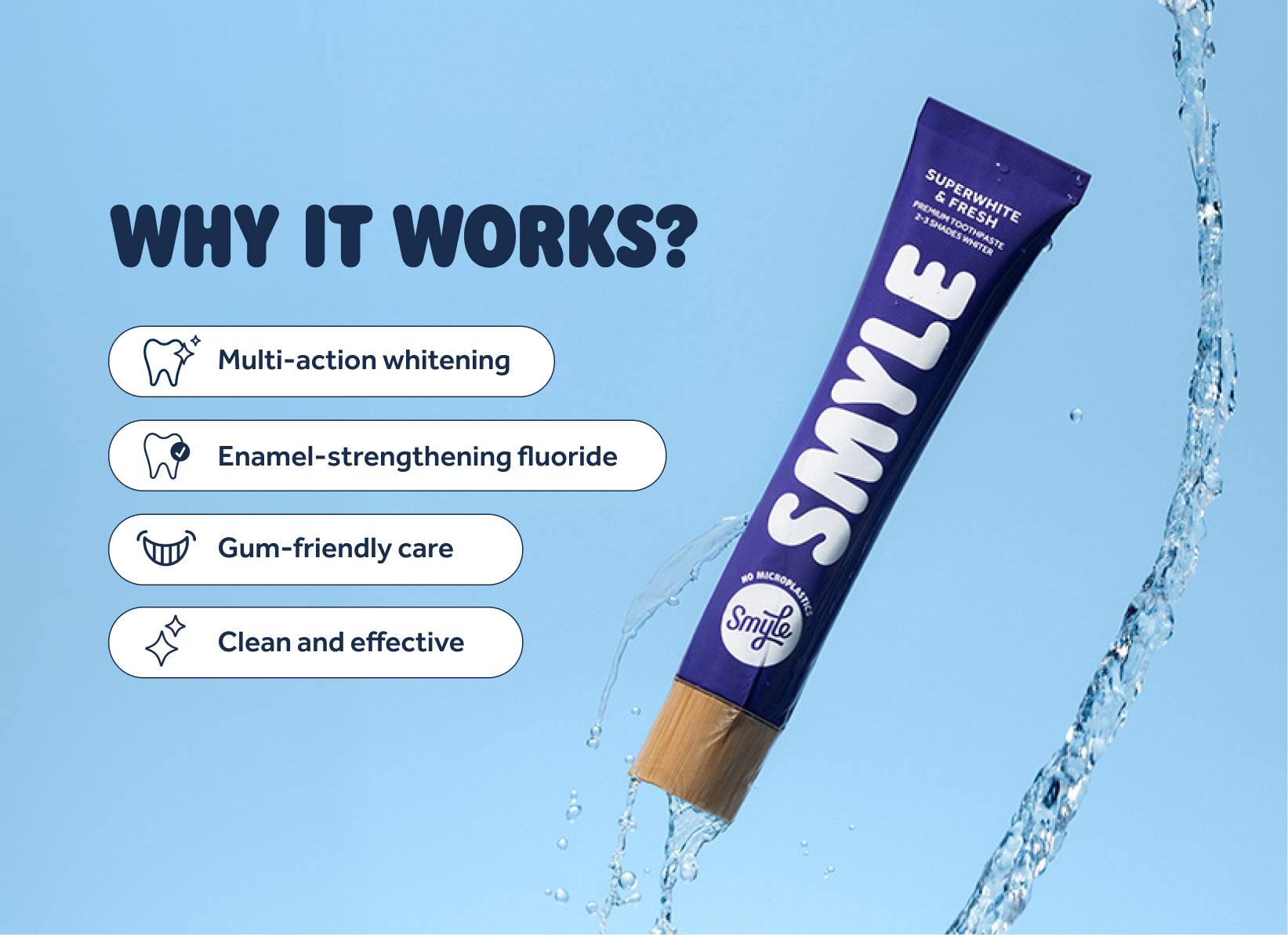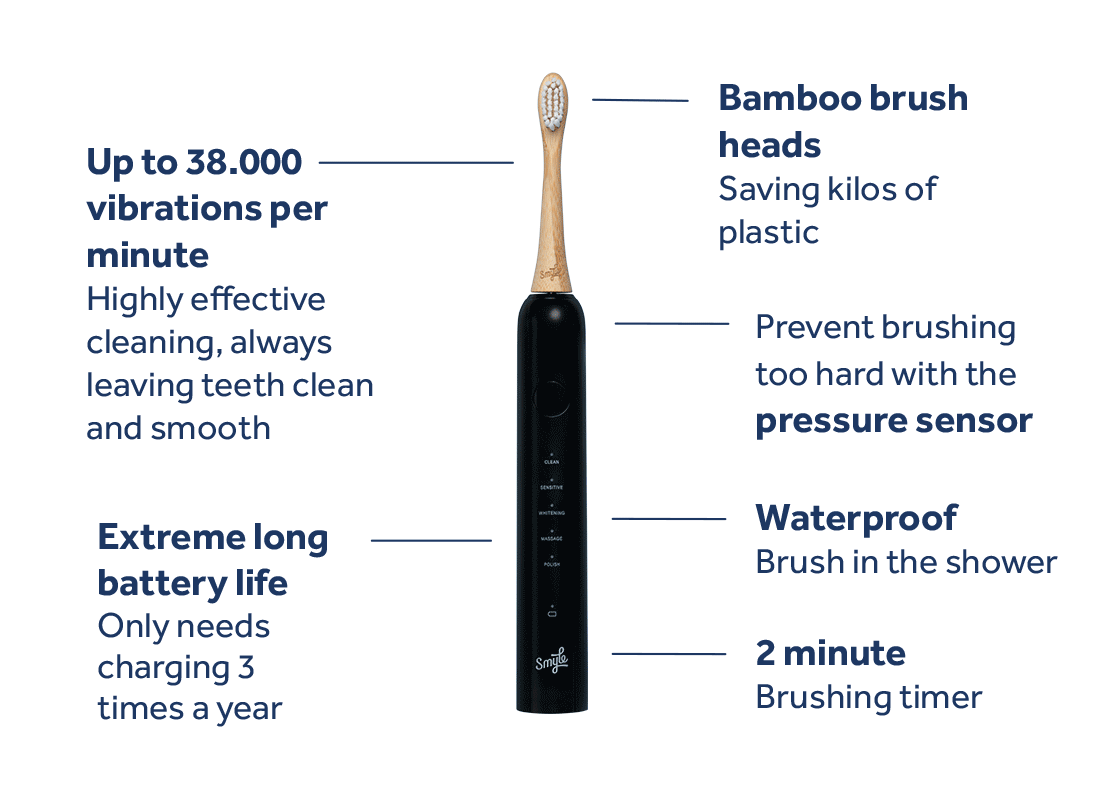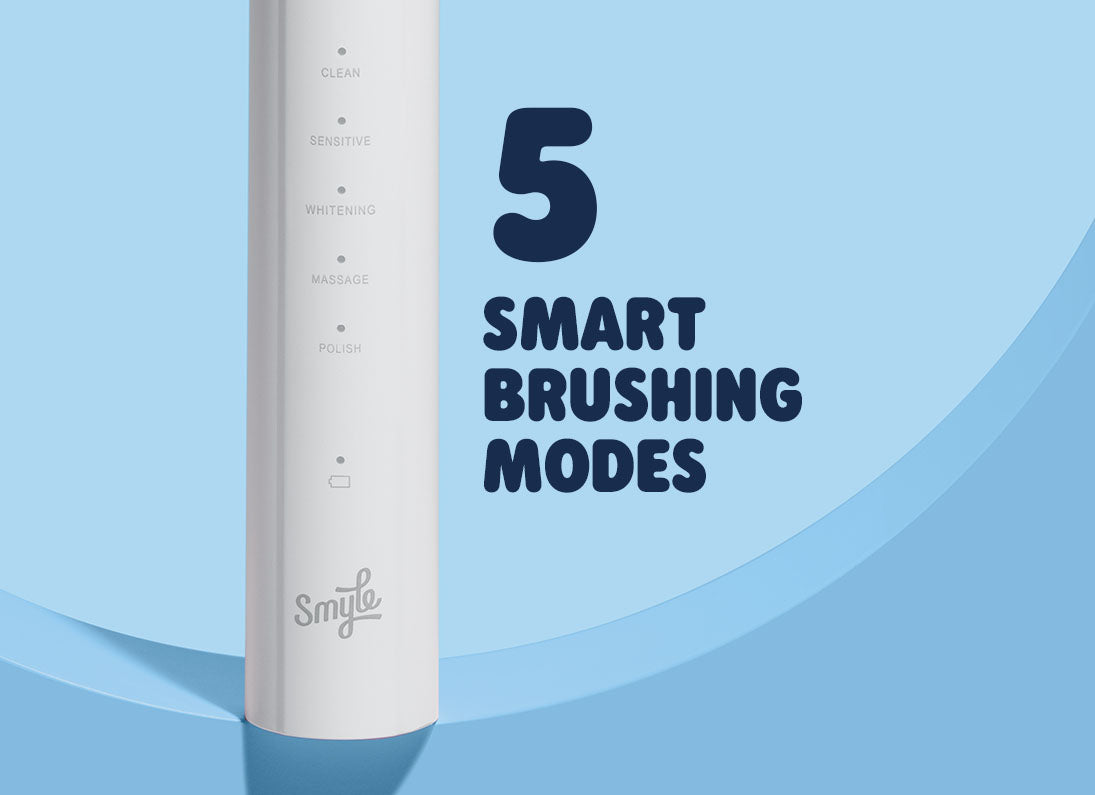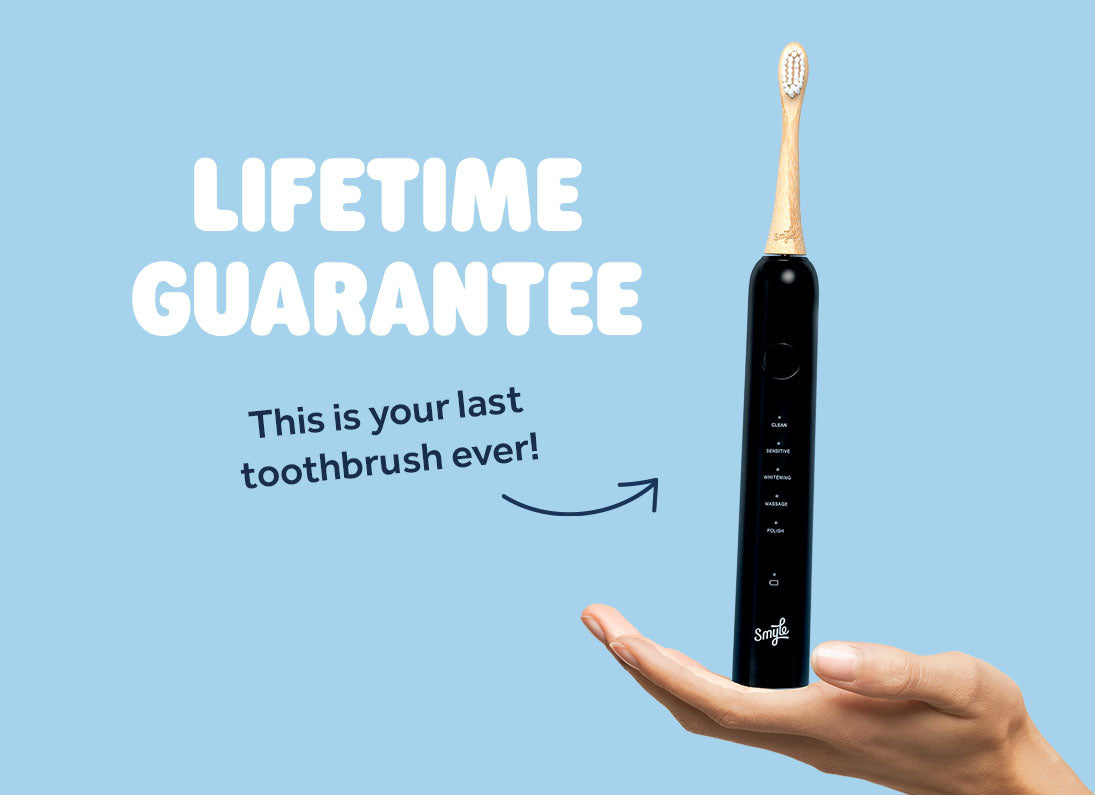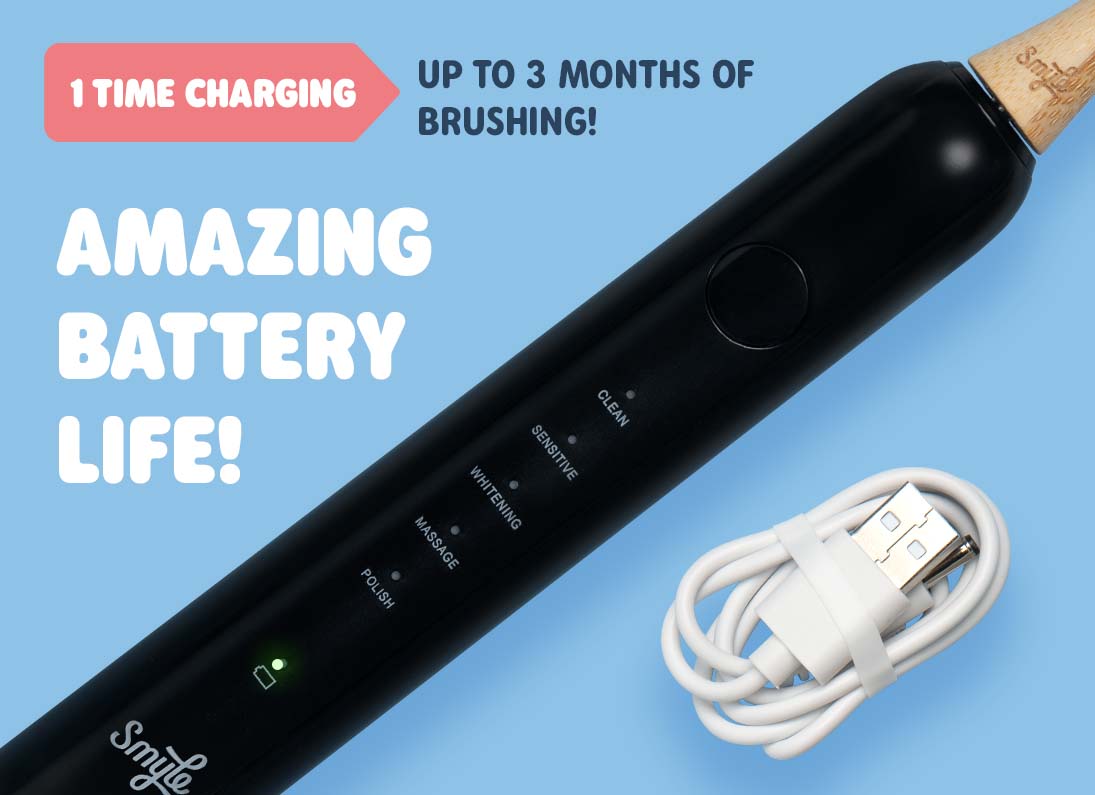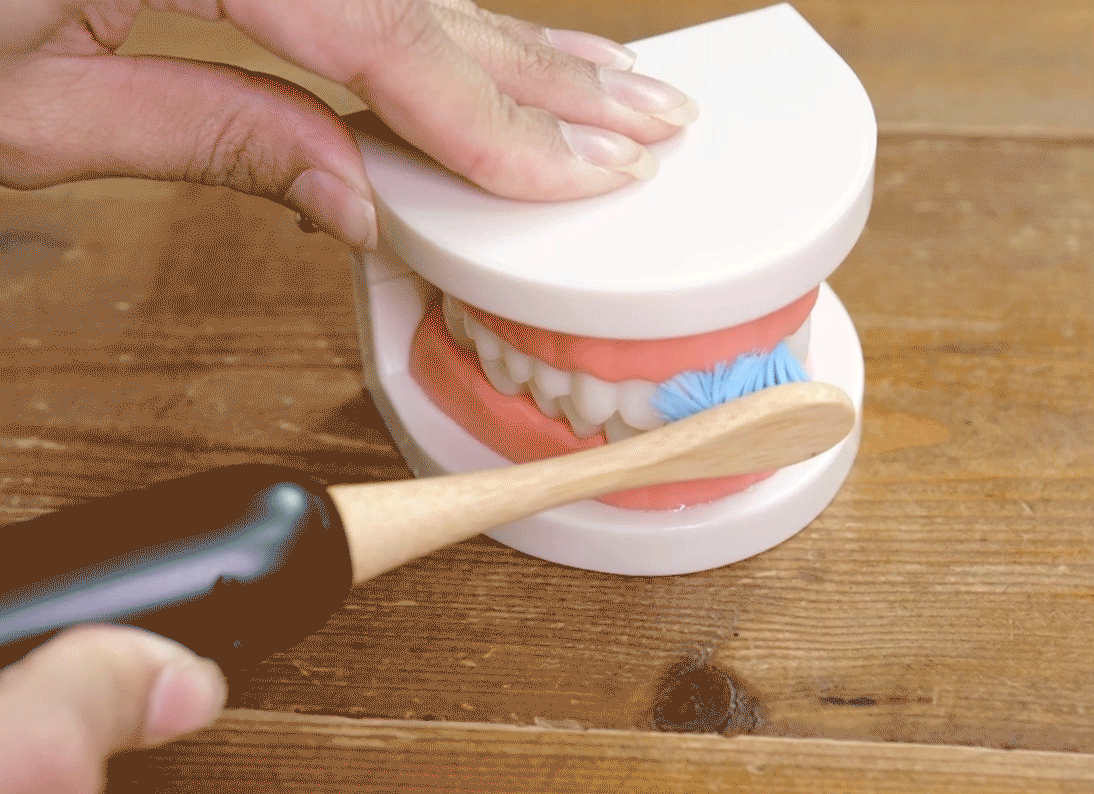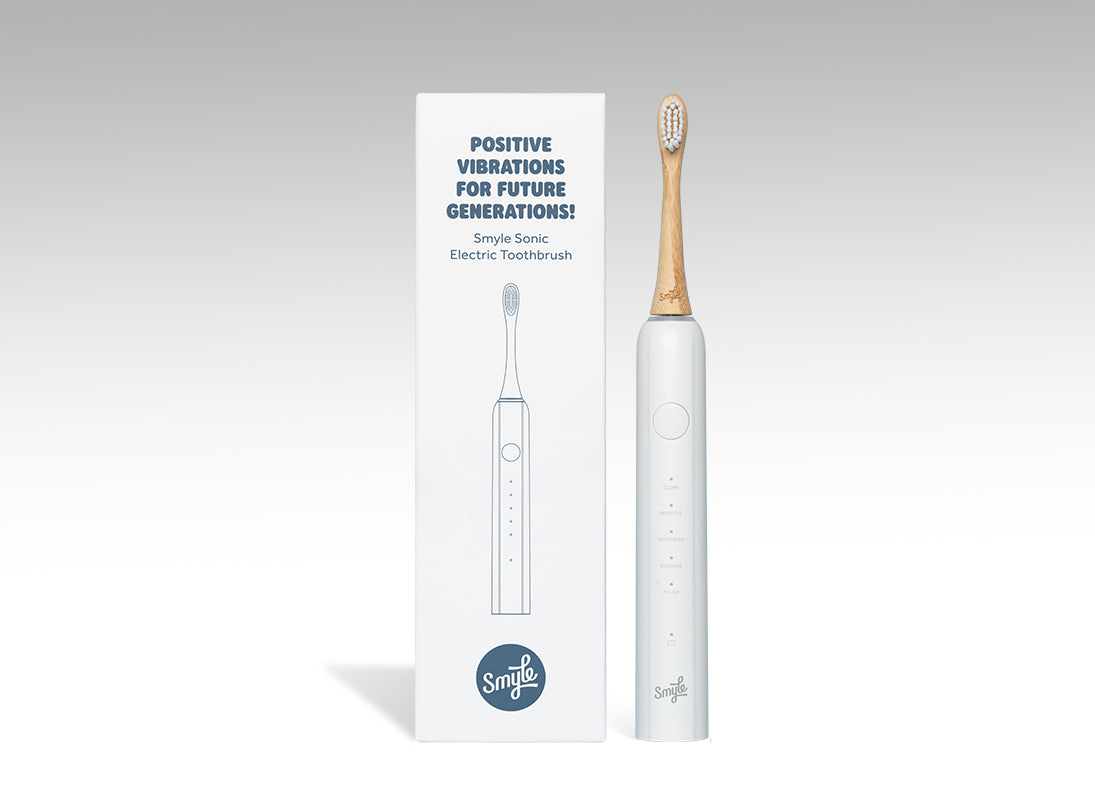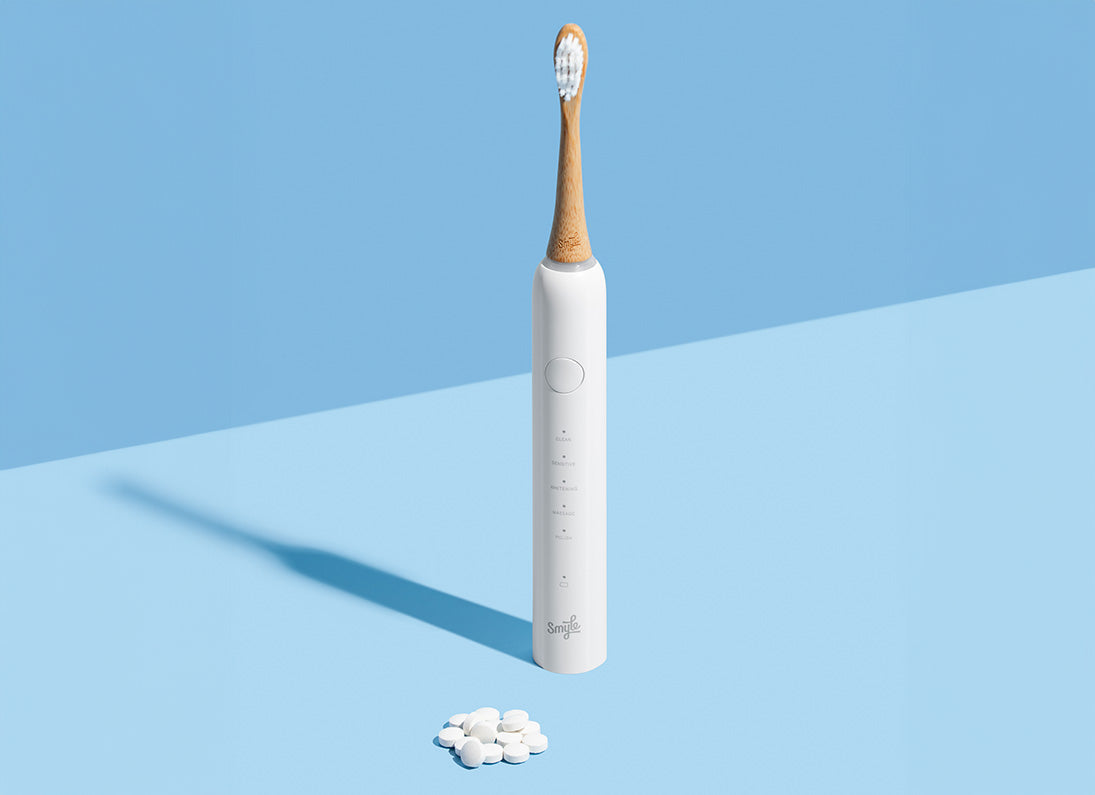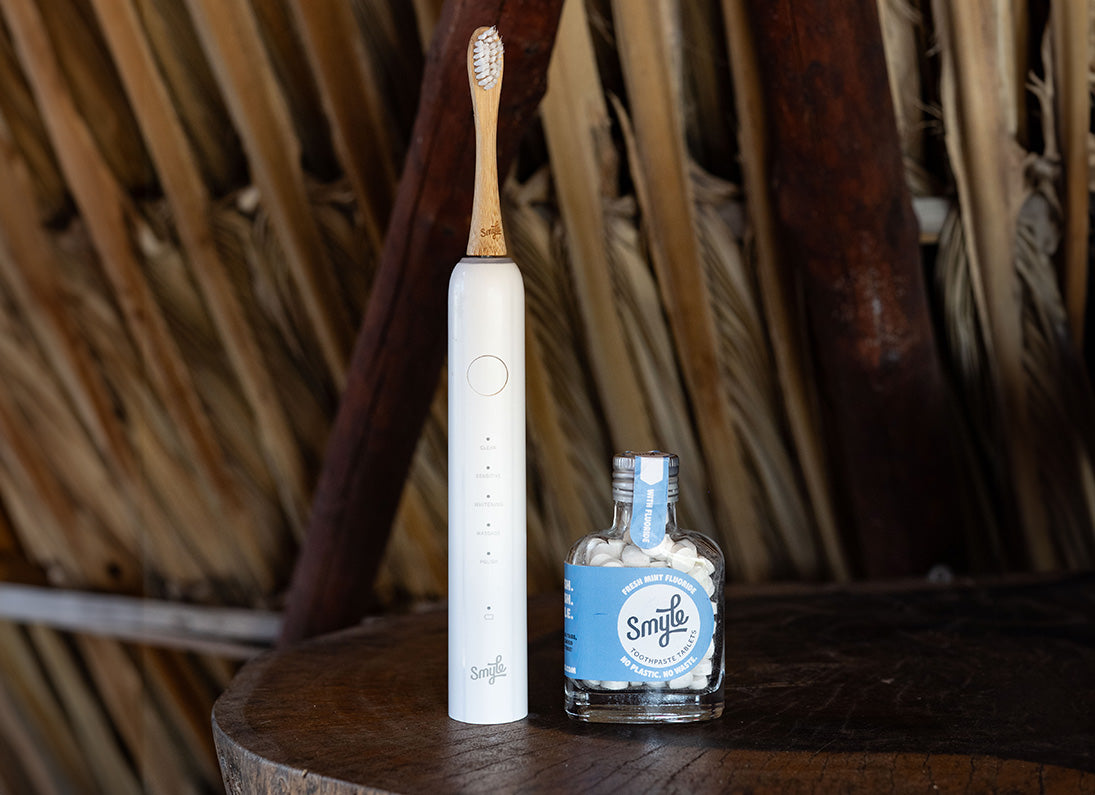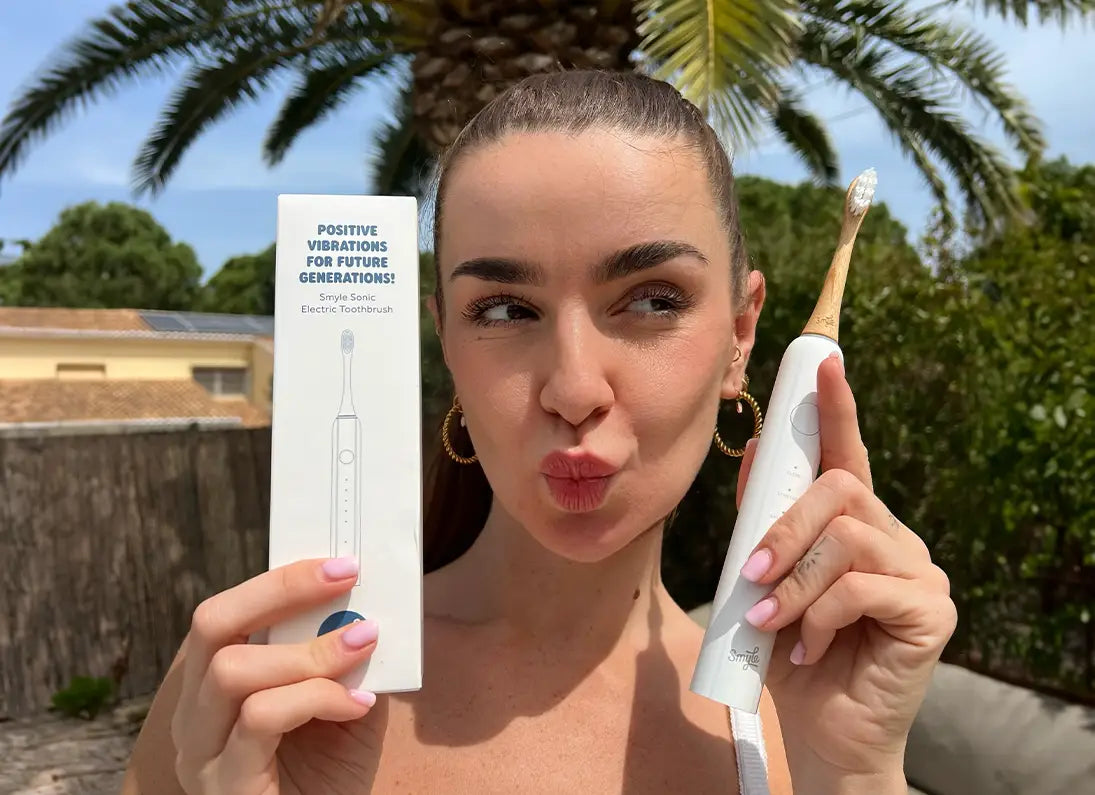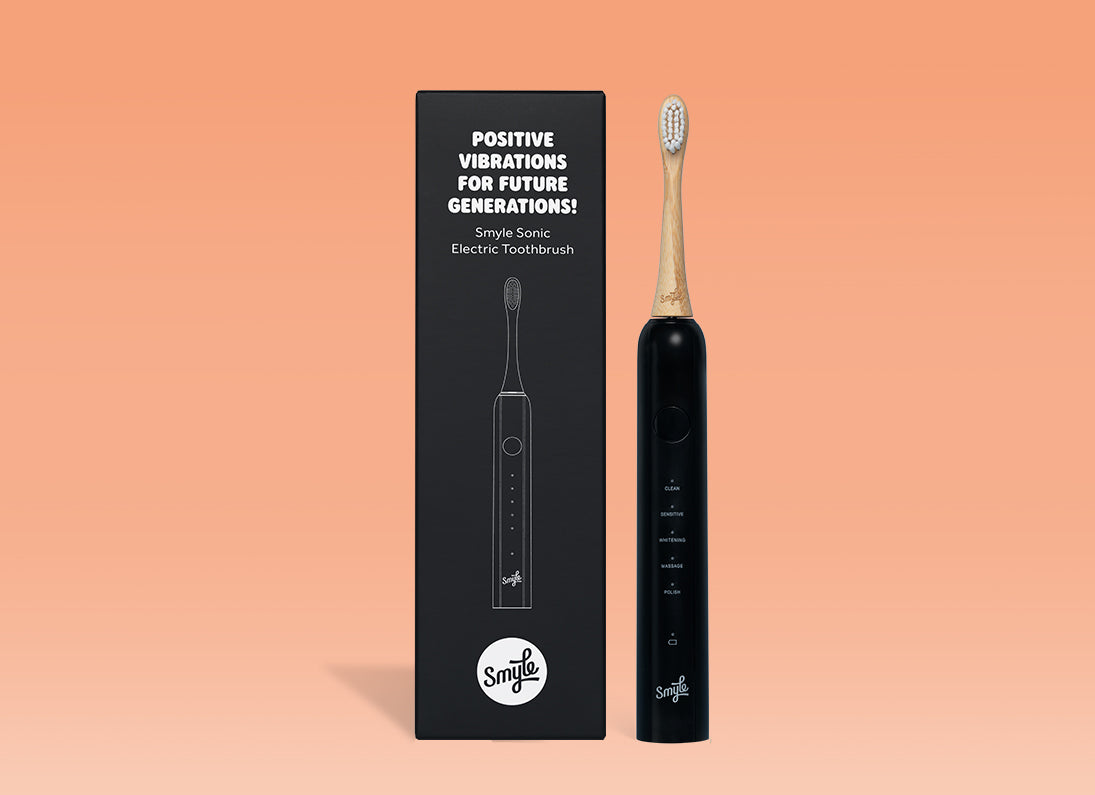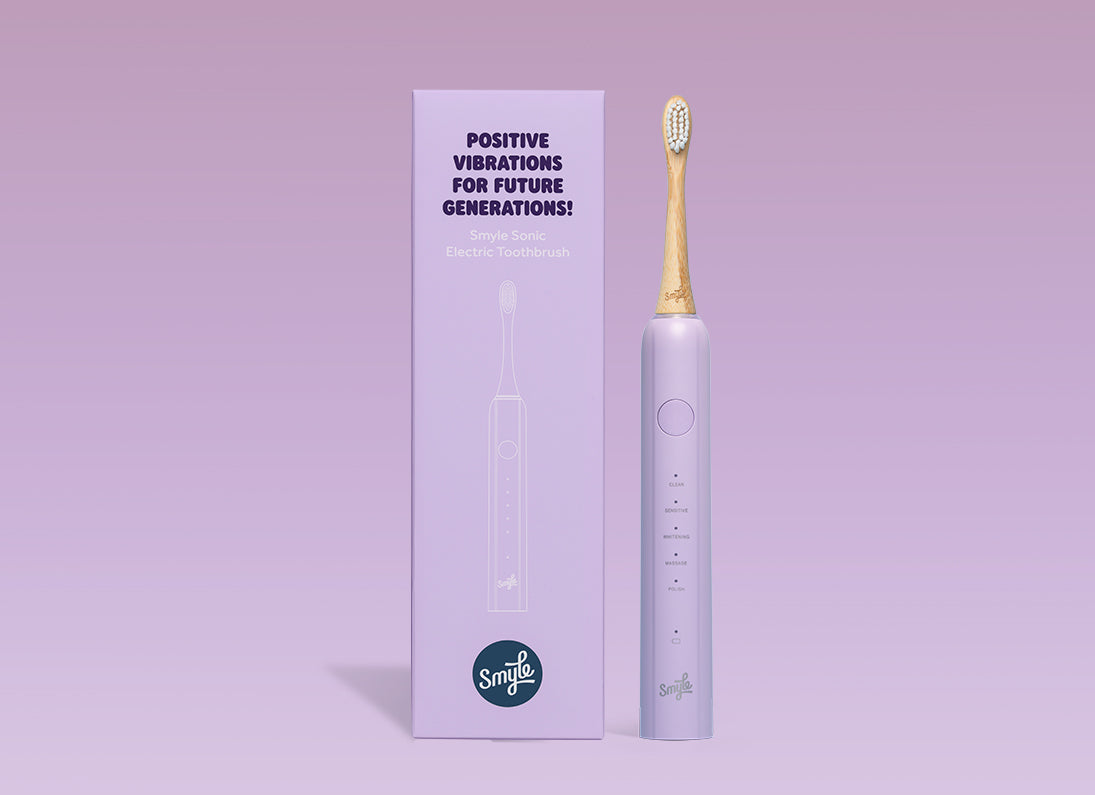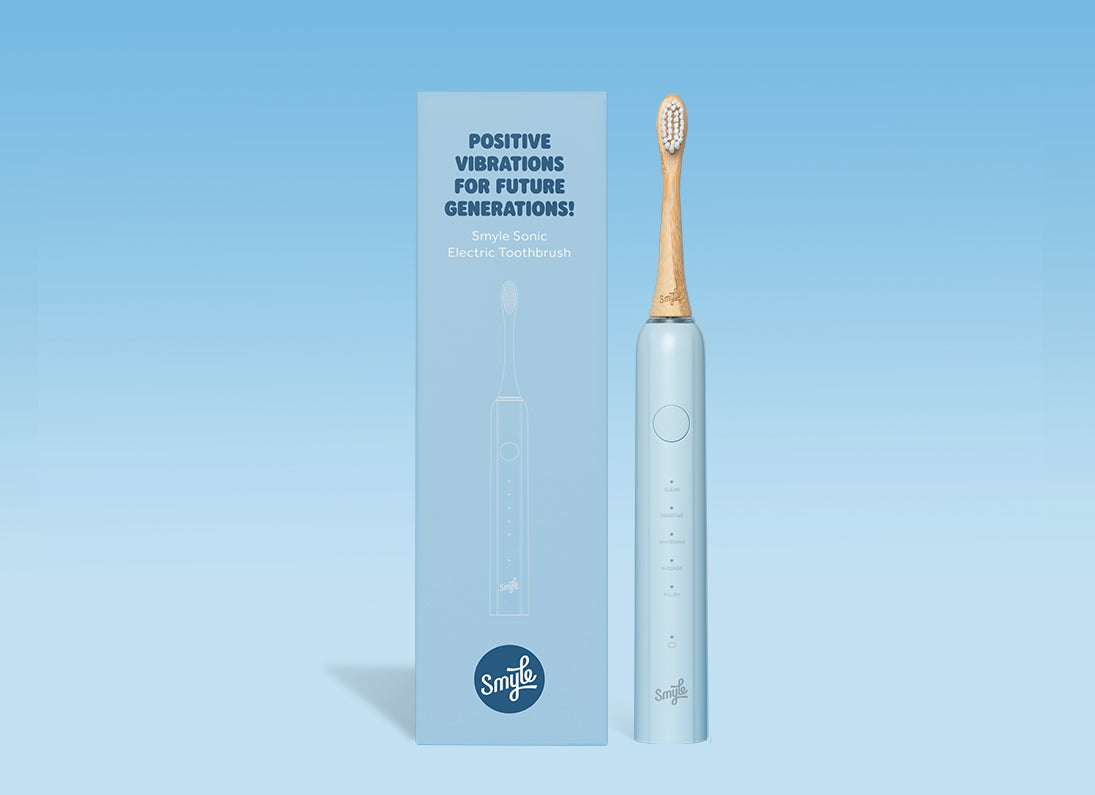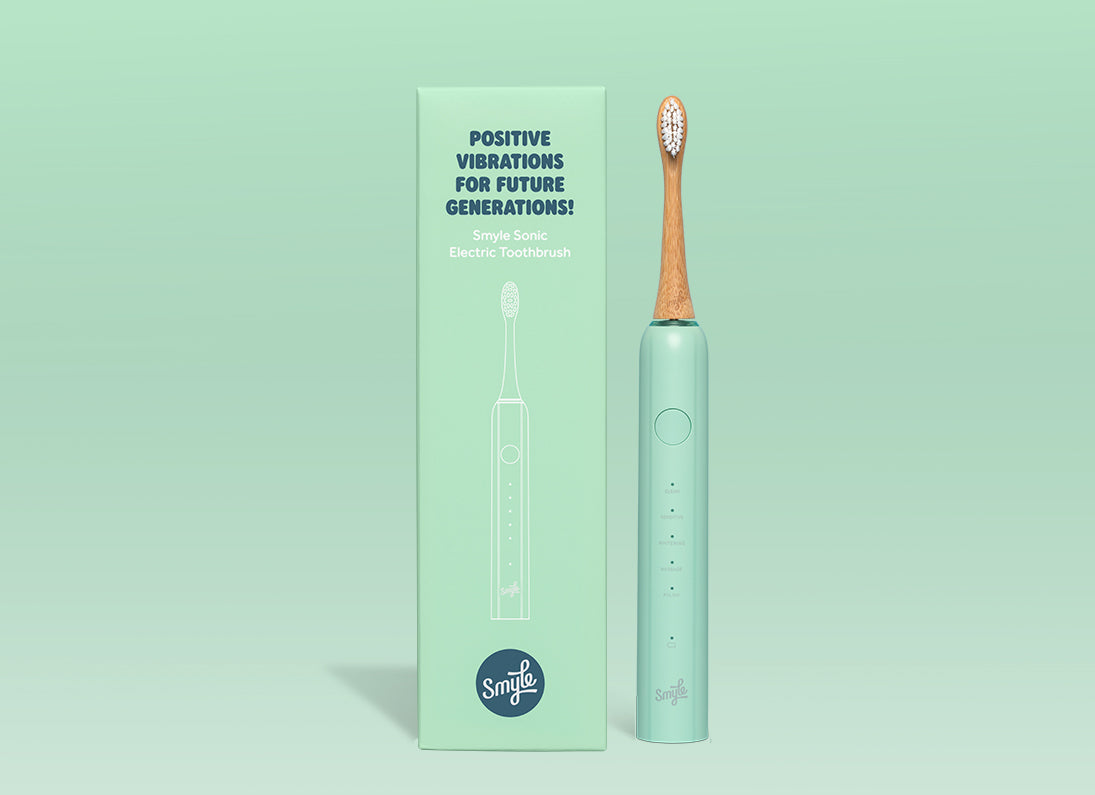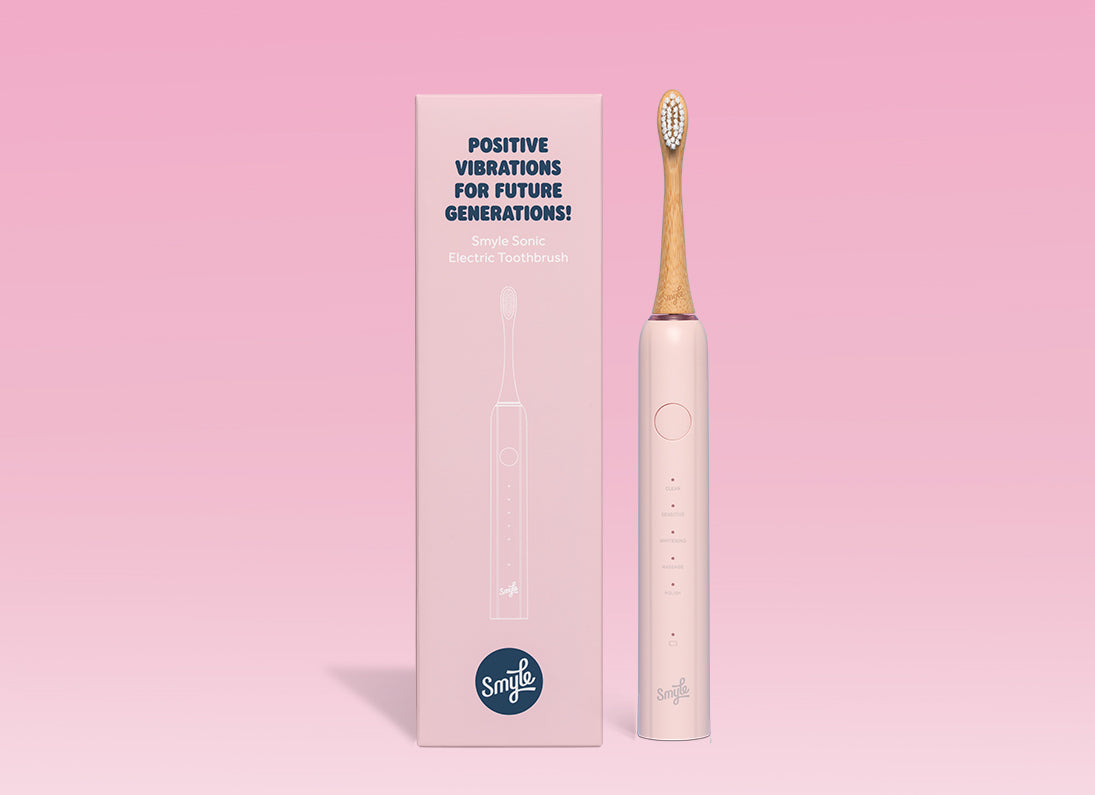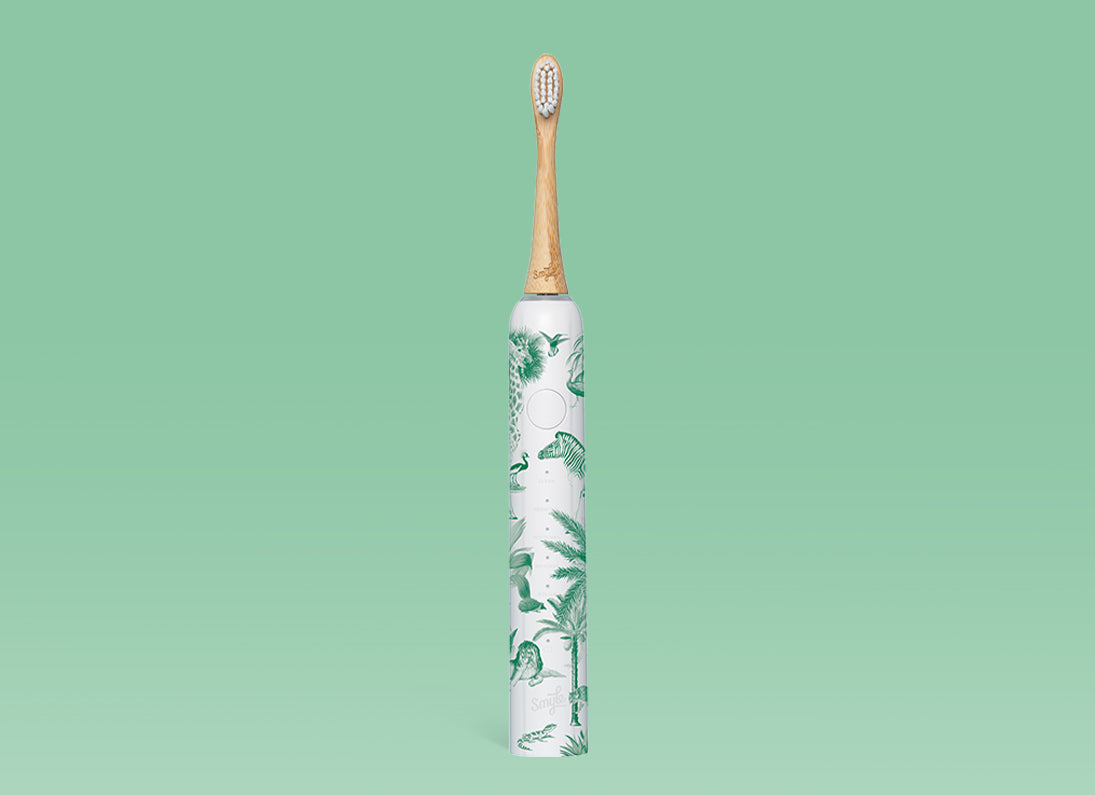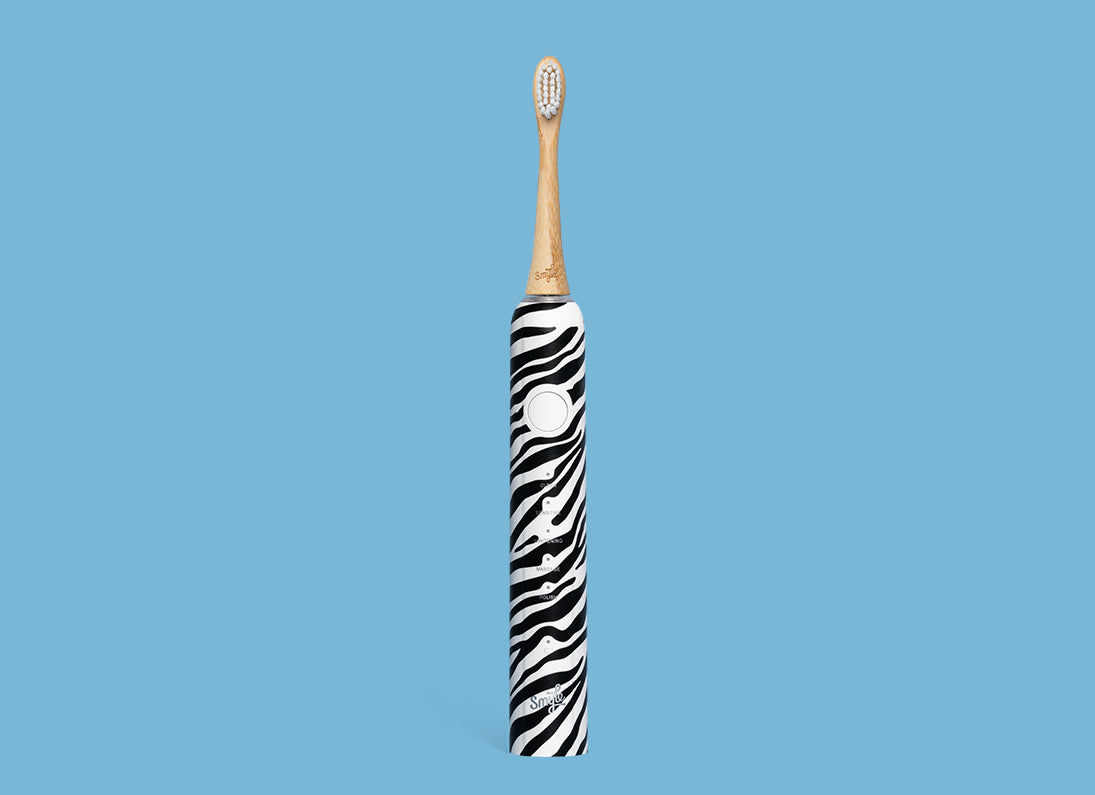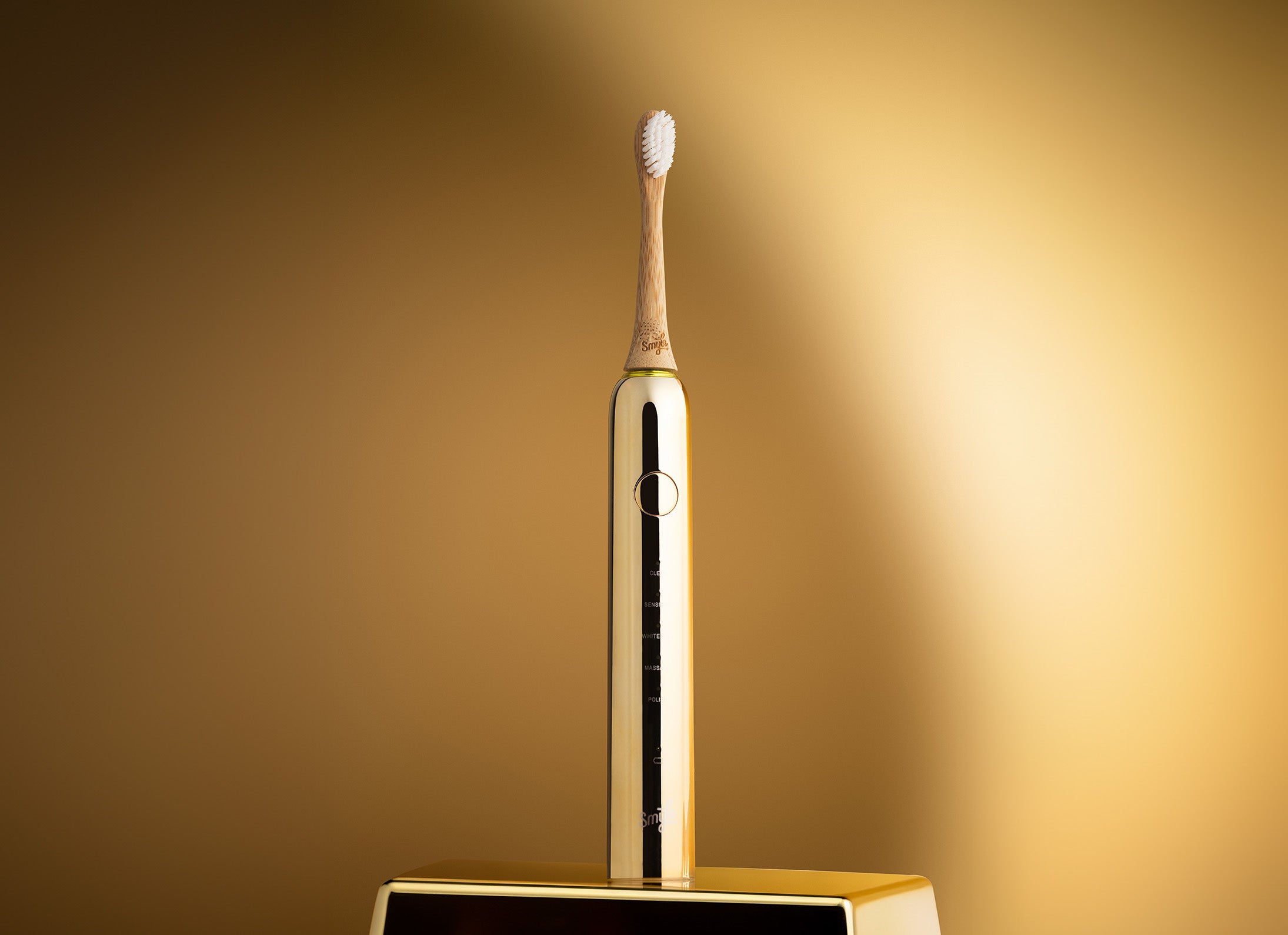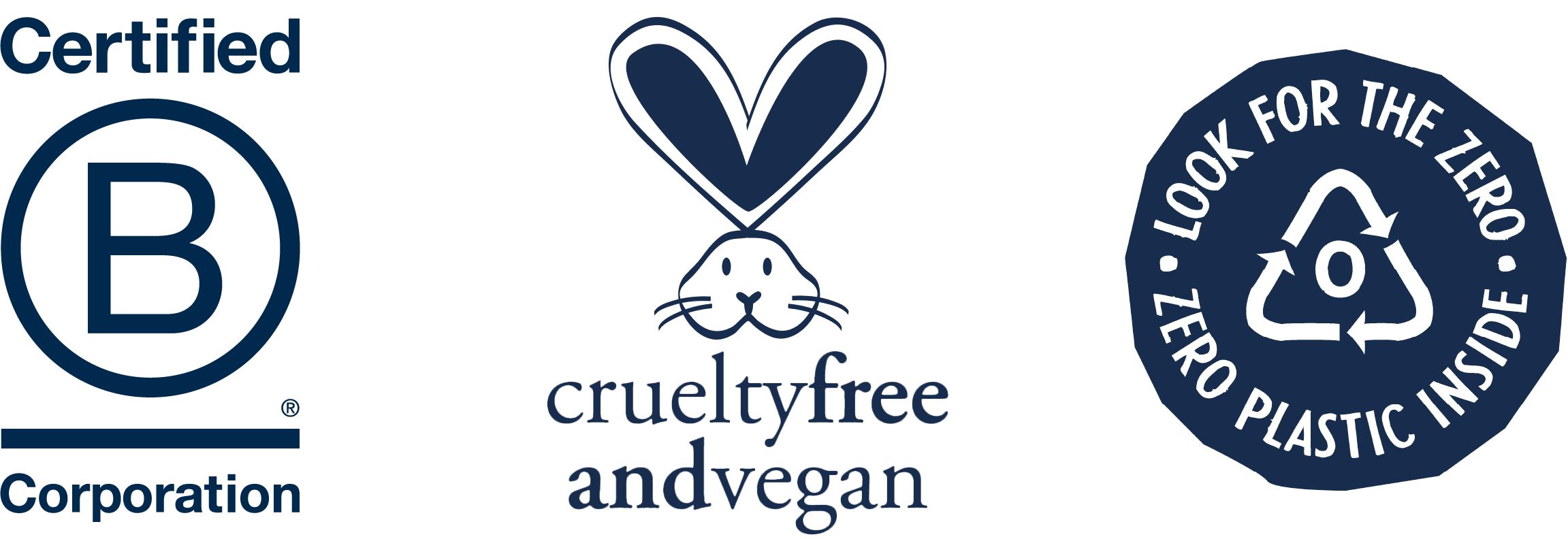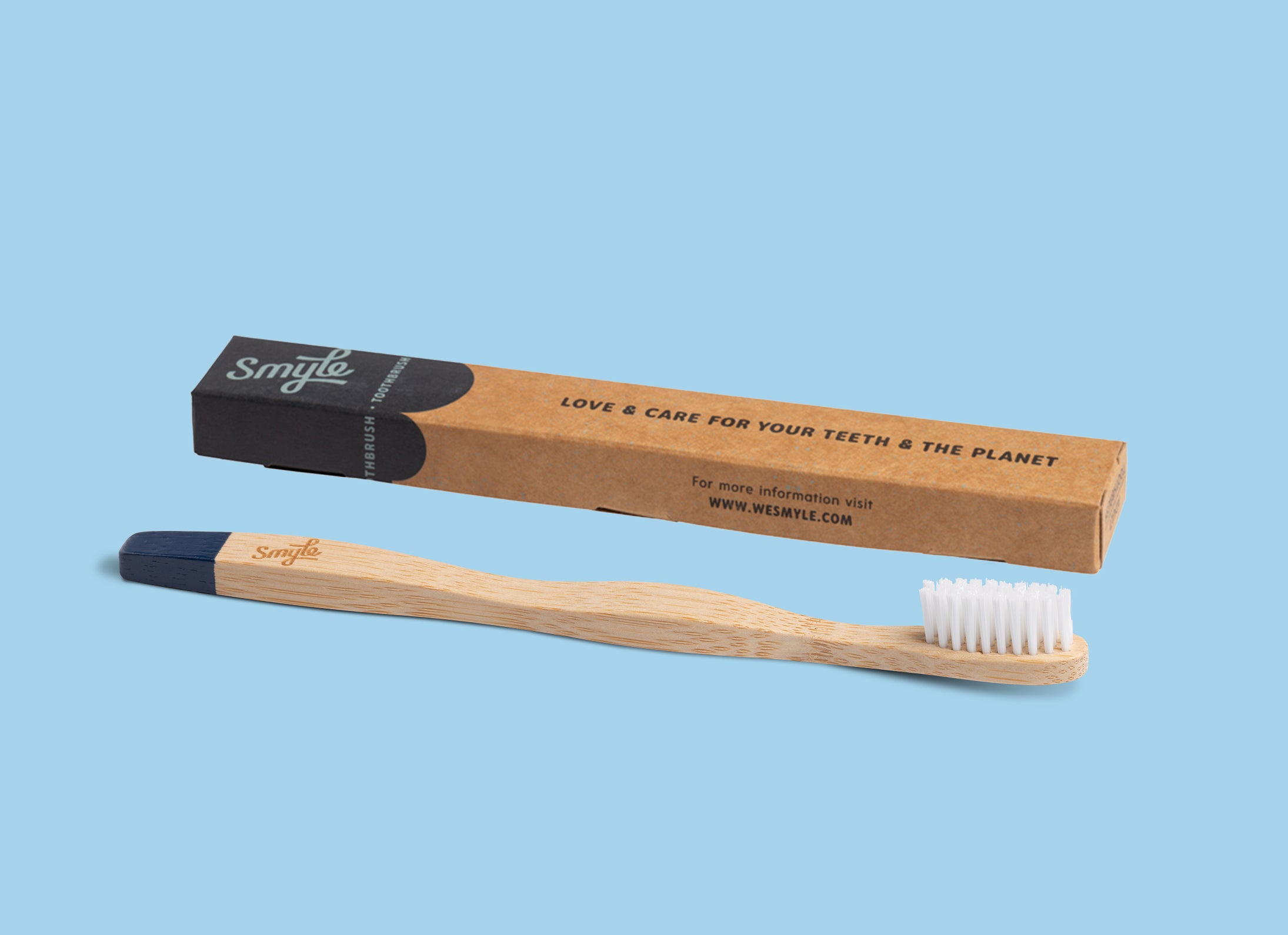Having your wisdom teeth removed can be a daunting prospect, especially if you’ve never had a tooth or molar extracted before. You may have a lot of questions running through your mind: "Does it hurt?", "How long does recovery take?", "What are the risks?". In this article, we answer all these questions and more, so you can go to your dentist appointment with peace of mind.

What Are Wisdom Teeth?
Wisdom teeth are the last set of molars, or large back teeth, that typically emerge between the ages of 17 and 25. They are called "wisdom teeth" because they appear at an age when people are expected to be wiser, more mature. While the arrival of wisdom teeth can feel like a rite of passage into adulthood, these late bloomers can also cause issues.
Why Are Wisdom Teeth Removed?
Not everyone has issues with their wisdom teeth. If you're lucky, your wisdom teeth may emerge without causing any problems. However, for some, the emergence of these molars can lead to discomfort, pain, and oral health problems.
Some reasons why wisdom teeth may need to be removed include:
Impaction: This is the most common reason for extracting wisdom teeth. A wisdom tooth is impacted when there is not enough space for it to fully emerge, and it becomes blocked by another tooth. This can lead to pain, infection, and damage to nearby teeth and gums.
Incorrect Angle: Sometimes wisdom teeth emerge at an incorrect angle, causing pressure on adjacent teeth.
Difficult to Clean: Due to their location at the back of the mouth, wisdom teeth can be difficult to clean with a normal oral care routine, which can lead to cavities and gum disease (gingivitis).
Cysts or Tumors: Though rare, cysts or tumors can form around an impacted wisdom tooth and cause damage to the jawbone and surrounding teeth. To prevent these issues, the wisdom tooth may need to be extracted.
How Is Wisdom Tooth Extraction Done?
If your wisdom tooth needs to be removed, there's no need to worry. The procedure is typically performed by an experienced dentist or oral surgeon, and thanks to modern anesthesia, the process is usually painless. Here's a step-by-step breakdown of what you can expect during the procedure:
Consultation: During your first appointment, your dentist or oral surgeon will take an X-ray to assess the position of your wisdom teeth and surrounding structures. This helps determine the best approach for the extraction.
Anesthesia: Before the procedure begins, you'll be given a local anesthetic to numb the area around the wisdom tooth. In some cases, your dentist or oral surgeon may opt for general anesthesia, especially if all four wisdom teeth are being removed at once.
The Extraction: The dentist or oral surgeon will make a small incision in your gum to access the wisdom tooth. If the tooth is impacted, they may need to remove a portion of the bone that covers the tooth. The wisdom tooth will then be loosened and removed. In some cases, the tooth may be broken into smaller pieces for easier extraction.
Stitches: After the extraction, your dentist or oral surgeon may place stitches to help the wound heal. These stitches usually dissolve on their own after a few days.
Recovery: After the procedure, you'll be given time to rest under the supervision of medical staff. If you had general anesthesia, you may need someone to drive you home afterward.
How to Prepare for Wisdom Tooth Removal?
While your dentist or oral surgeon will guide you on what to expect during the procedure, there are some steps you can take to prepare for your wisdom tooth extraction.
Discuss Your Medical History
Before your wisdom tooth is removed, it is important that your dentist or oral surgeon is aware of your full medical history. This includes not only previous dental procedures but also general health issues. Be sure to inform them about any medical conditions you have and any medications you are currently taking, including over-the-counter medications and supplements. This will help minimize any risks and ensure that the procedure is as safe as possible.
Arrange Transportation
Depending on the type of anesthesia used, you may not be able to drive yourself home after the procedure. It’s important to arrange transportation to get home in advance. If you’re undergoing general anesthesia, it may also be a good idea to have someone stay with you for the first few hours after the procedure, until the effects of the anesthesia wear off.
Prepare Your Home for Recovery
Your recovery period will likely be more comfortable if you make some preparations. Make sure you have a comfortable place to rest and stock up on soft foods that you can eat while your mouth heals. Think of soft, liquid foods like yogurt, soup, smoothies, and applesauce. Avoid very hot foods and drinks to prevent irritation in your mouth.
Be Mentally Prepared
It’s completely normal to feel nervous about the procedure. It can help to learn more about what to expect and discuss any concerns with your dentist or oral surgeon. Remember that wisdom tooth extraction is a common procedure, and the ultimate goal is to help you achieve better oral health.
Proper preparation for wisdom tooth extraction can make a big difference in your experience. By making sure you’re fully informed, making the necessary arrangements, and mentally preparing yourself, you can approach the procedure with confidence and focus on a quick and successful recovery.
Aftercare and Recovery Following Wisdom Tooth Extraction
The recovery period after wisdom tooth removal can vary depending on individual health and the course of the procedure. Here are some tips to promote healing and minimize complications:
Cold Compress: After the procedure, applying ice to your face can help reduce swelling. It is best to apply the ice for 15 minutes and then remove it for 15 minutes. In addition to reducing swelling, it can also help alleviate pain.
Rest: Make sure you get plenty of rest after the procedure. Avoid heavy physical activity and try to keep your head elevated to reduce swelling. This will help the wound heal properly and prevent it from opening due to high blood pressure.
Eating and Drinking: After the wisdom tooth removal, your mouth is likely to be sensitive, so it’s important to avoid foods that could irritate your healing gums. Start with soft foods and gradually transition to more solid foods as you heal. Avoid hard, crunchy, or very hot foods, as well as foods that could get stuck in your gums, such as popcorn or seeds. Eat soft foods and avoid drinking with a straw, as this can cause a dry socket, a painful condition that occurs when the blood clot that helps with healing is disturbed. Stay hydrated by drinking plenty of water, but avoid alcohol, caffeine, and hot beverages during the first 24 hours.
Oral Hygiene: While it’s important to keep your mouth clean, you should not rinse or brush your teeth near the extraction site for the first 24 hours after the procedure. After the first 24 hours, you can begin gently rinsing with a saltwater solution, but do not use mouthwash just yet.
Pain Relief: You can take over-the-counter pain relievers such as ibuprofen and acetaminophen to help ease any discomfort. If the pain is severe or persistent, contact your dentist or oral surgeon. Your dentist or oral surgeon may also prescribe pain relievers or antibiotics to help manage the pain and prevent infection. Be sure to take these medications exactly as directed.
Wisdom tooth extraction recovery usually takes a few days to a week. During this time, it is essential to take good care of yourself to ensure a smooth and successful recovery. With good aftercare and healthy habits, you will likely be able to eat, drink, and resume your daily activities in no time. And, most importantly, you will be one step closer to maintaining your long-term oral health.
Don’t Smoke: Smoking can slow down the healing process after wisdom tooth extraction and increases the risk of complications, including dry socket and infections. Try to stop smoking before the procedure and avoid smoking during the recovery period.
It’s normal to experience some discomfort and swelling after the extraction, but if you experience severe pain, bleeding, swelling, or have a fever, contact your dentist or oral surgeon immediately.
Complications and Risks of Wisdom Teeth Extraction
While wisdom tooth extraction is generally a safe procedure, as with any surgery, there are certain risks involved. Fortunately, serious complications are rare, and your dentist or oral surgeon will discuss the potential risks with you before the procedure. Here are some possible complications to be aware of:
Dry Socket: This occurs when the blood clot that forms in the socket after extraction is disrupted or dislodged. This can result in delayed healing and severe pain.
Infection: Although rare, there is a risk of infection after extraction, especially if proper aftercare instructions are not followed.
Nerve Damage: There is a small risk that the nerves in your jaw could be damaged during the procedure, causing numbness in your lips, tongue, or chin. In most cases, this damage is temporary.
Damage to Adjacent Teeth: There is a small risk that neighboring teeth or fillings could be damaged during the procedure.
It is important to discuss these risks with your dentist or oral surgeon and how they can be minimized.
Frequently Asked Questions About Wisdom Tooth Extraction:
To inform you (even) better about the process of wisdom tooth extraction, we have answered some of the most frequently asked questions on this subject below.
Does it hurt to have a wisdom tooth extracted?
During the procedure itself, you will not feel any pain due to the anesthesia. After the procedure, you may experience some discomfort, but this can usually be relieved with over-the-counter painkillers.
How long does it take to recover from wisdom tooth extraction?
Most people begin to feel better within a few days after the procedure, and healing is usually complete after 1-2 weeks.
Can I eat after having a wisdom tooth extracted?
Yes, but it’s best to eat soft foods and avoid hard, crunchy, or hot foods. You should also avoid drinking through a straw, as this can cause dry socket.
Now that you have a clear picture of what to expect during wisdom tooth extraction, you’ll surely be prepared for the procedure. Although it is a procedure that can cause some discomfort, the benefits are often well worth it to prevent future oral health issues. With the right preparation and aftercare, you can make the recovery process as smooth as possible.
Wisdom Tooth Extraction: Conclusion
Having a wisdom tooth extracted can seem like a daunting thought for many, but the reality is that it’s a routine procedure performed by experienced professionals. Thanks to modern anesthesia and pain management methods, the procedure itself need not be painful. Moreover, with the right aftercare, the recovery process is often quite simple.
It’s also important to remember that, while there are certain risks associated with wisdom tooth extraction, these are generally quite rare. Your dentist or oral surgeon will discuss the potential risks and complications with you before the procedure, so you can make an informed decision.
In most cases, the benefits of removing problematic wisdom teeth outweigh the risks. By removing these troublesome teeth, you can prevent future issues such as tooth decay, infections, cysts, and damage to nearby teeth.
If you have further questions about wisdom tooth extraction, don’t hesitate to contact your dentist or oral surgeon. They can address your personal concerns and provide additional information to ease your mind.
Wisdom tooth extraction doesn’t have to be a frightening experience. With the right information and preparation, you can approach the process with confidence and take steps toward a healthier mouth. Do you have a green heart? Then, after the procedure and recovery (or right now!), go for sustainability and bring Smyle into your home!



